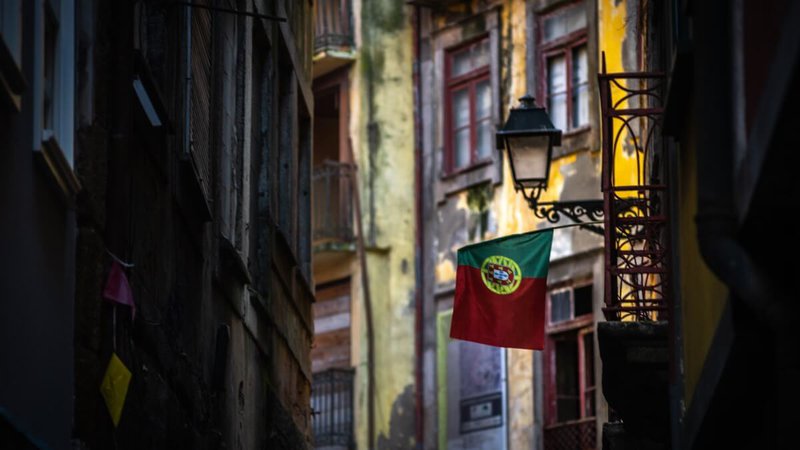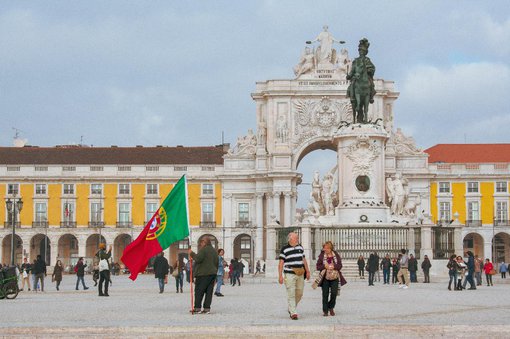44% of Young People in Portugal Hold a Higher Education Degree, Data Show
Portugal Europe Higher Education News Statistics by Erudera News Feb 21, 2022

About 44 percent of Portugal residents between 30 and 34 years old have graduated from a higher education institution, accounting for an additional 200,000 new graduates, the Statistics Portugal (INE) reveals.
According to a report published recently by the authority, this is a historical record, reaching a total of 1.65 million Portuguese graduates in 2021, Erudera.com reports.
The higher education schooling rate in the population aged between 30 to 24 now is 44 percent, four percent more than in 2020 and 20 percent compared to 2010 rates. In addition, the number of higher education graduates in Portugal has surpassed the expectations of the Europe Strategy 2020 – the plan that aimed to increase inclusivity and sustainability across the EU Member States.
In detail, the number of graduates in Portugal has jumped by 12 percentage points compared to 2015 and 20 points compared to 2010. Moreover, this figure increased by 13 percent between 2020 and 2021, with 200,000 additional graduates increasing the number of university degree holders from 1.45 to 1.65 million.
More specifically, data shows that the number of employed people with higher education degrees in Portugal increased from 1.45 million in 2020, representing 31 percent to 34 percent of the whole population, accounting for 1.65 million. The data also shows that the lowest rates in the last seven years were recorded in 2015 when 1.1 million Portuguese graduates were employed – representing 26 percent of the population.
The highest increases were recorded in the Metropolitan Area of Lisbon, as 45 percent of the population is graduated about nine percent more than in 2015., followed by Norte (31 percent), showing an increase of nine percent, Alentej increased from 20 to 26 percent in 2021 and Algarve from 24 to 31 percent.
Furthermore, the number of 1st cycle degrees (Licenciatura) has reached 52,832 – about 7.6 percent more than in 2020, while the number of Master’s 2nd Cycle (Mestrado) is 18,200, an increase of four percent compared to the previous year. Professional higher technical courses have increased from 4,181 to 4,791, accounting for a 14.5 percent increase.
The INE publication on the labor market released last week also confirms that the employed population with higher education increased by 13 percent between 2020 and 2021. In addition, the higher education rate of the employed population of all age groups increased to 34 percent, which corresponds to an increase of nine percentage points compared to 2015. It shows an increase of 520,000 graduates employed in the period 2015-2021.
Recent Articles
United States
Apr 25, 2024
United Kingdom
Apr 24, 2024
Germany
Apr 24, 2024
United States
Apr 23, 2024


